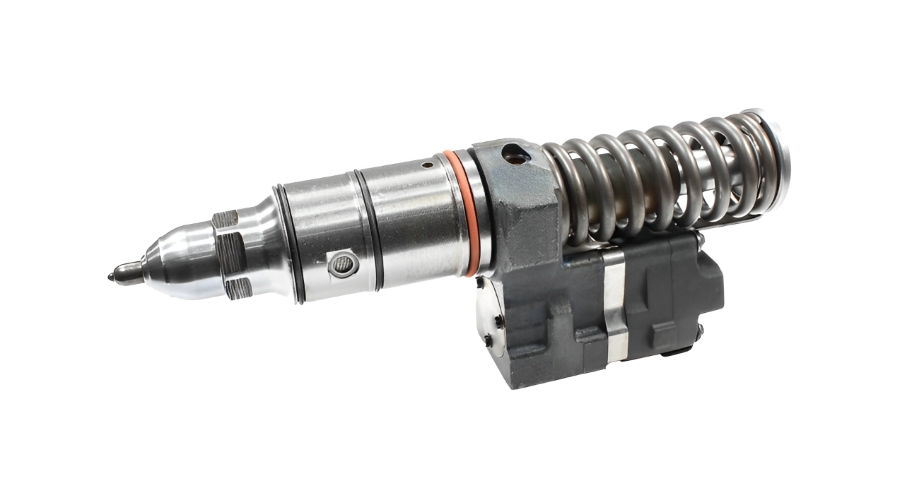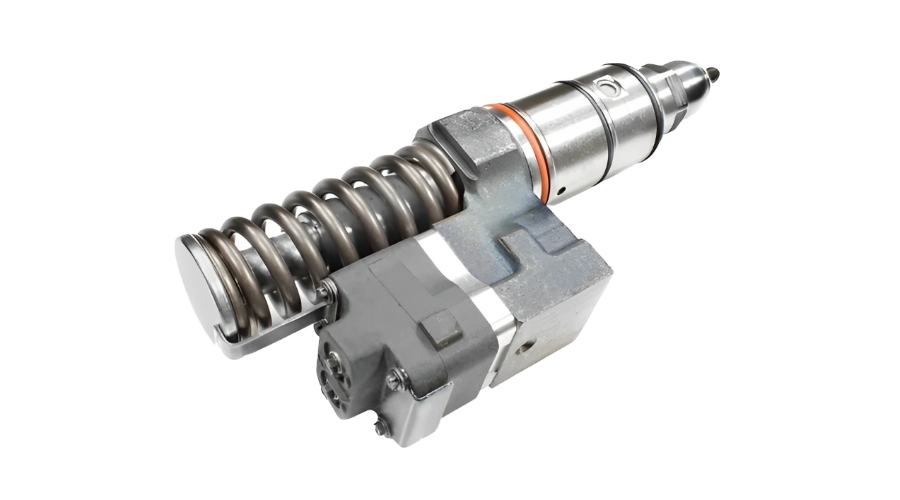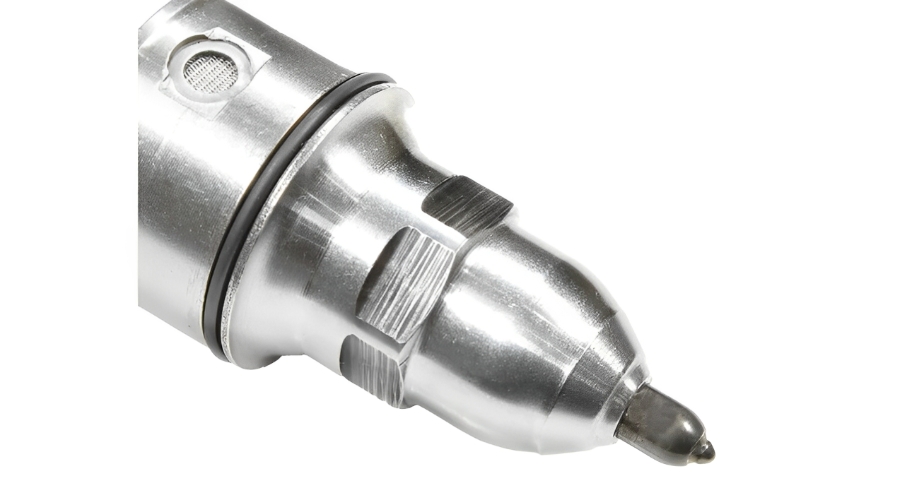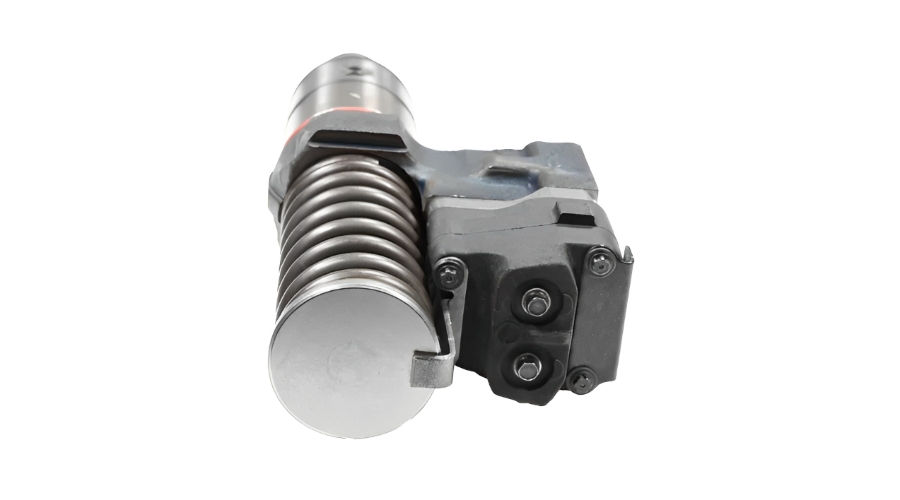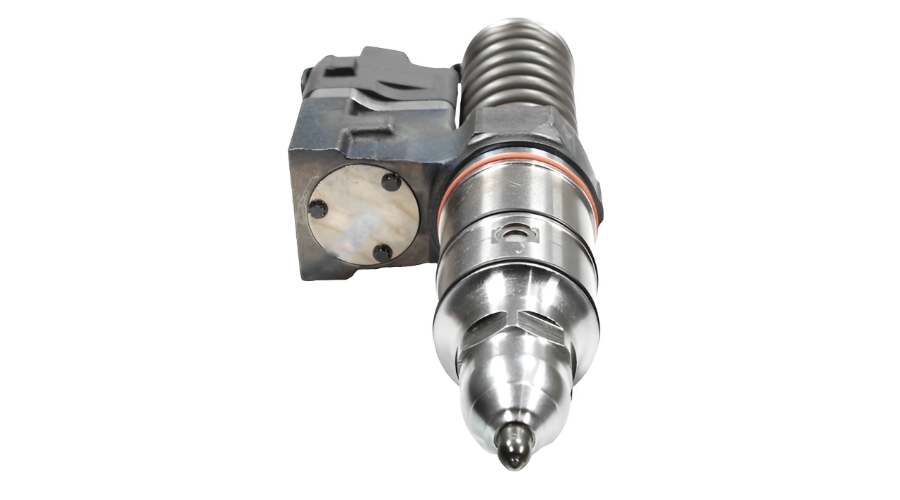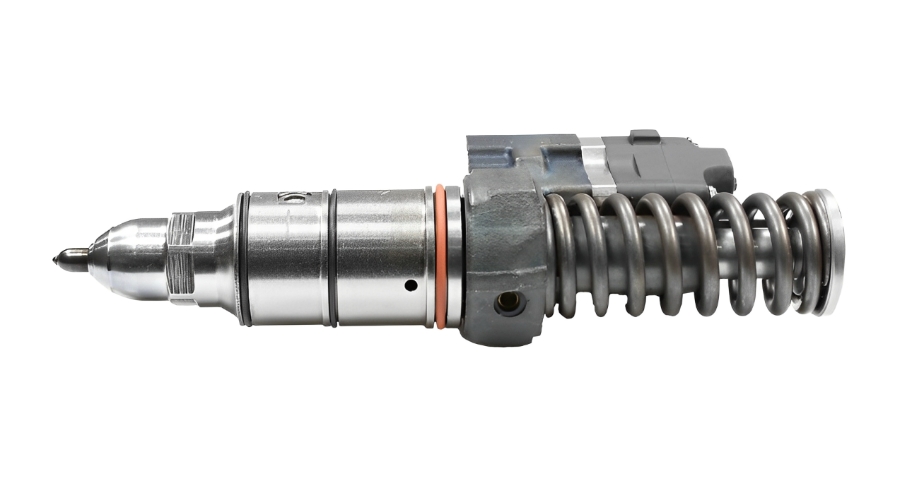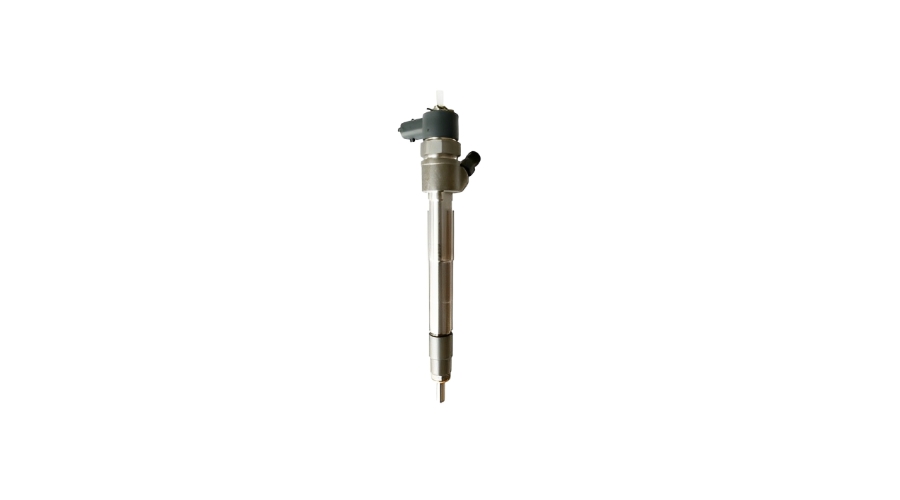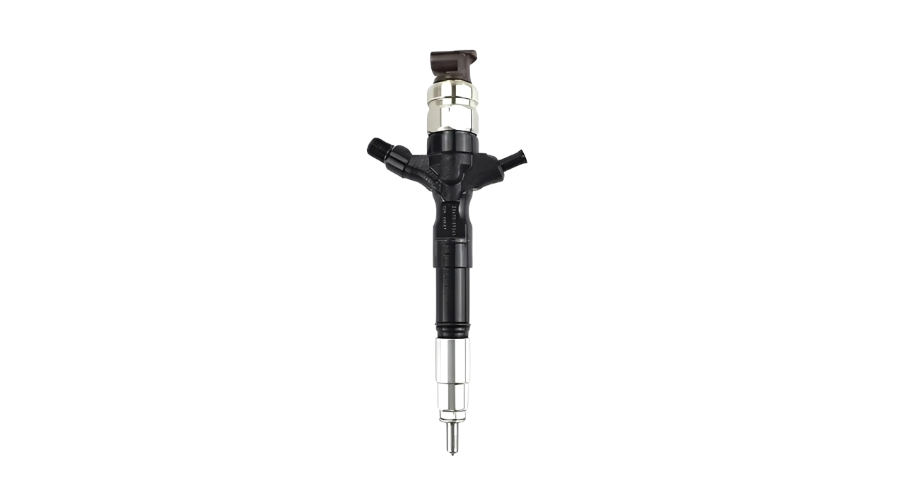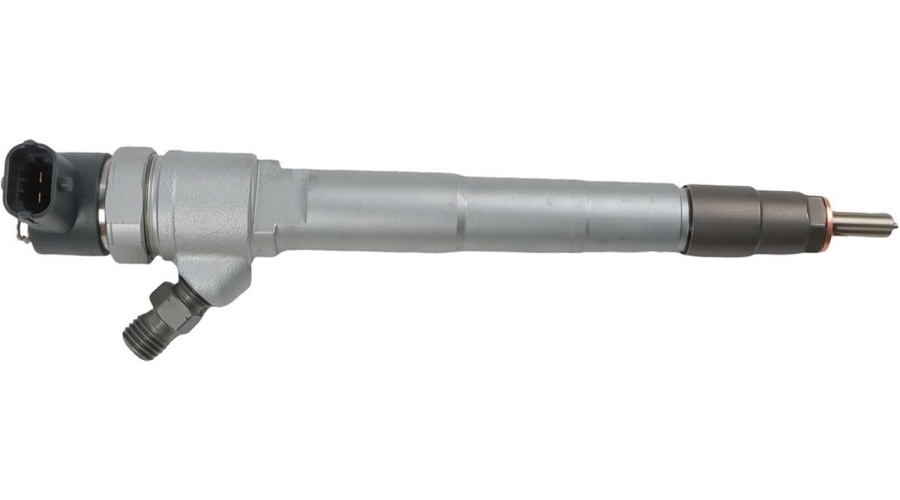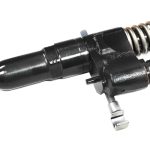
Detroit Diesel 8.2L (Fuel Injector â Part #5226280)
September 13, 2025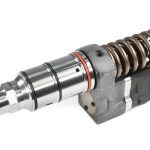
Detroit Diesel Series 60 Fuel Injector (Part #05237026)
September 13, 2025Detroit Diesel Series 60 Fuel Injector (05237099)
Key Information
Part Number: 05237099, 1480200046, 5237099, 5237099DDCR, 5237099R, 5237099X, 637099, EX637099, F00E200252, FS5237099, R-5237099, R5237099, RB5237099
Engine Make: Detroit
Inspection Report: Yes
Warranty: 12 Months
Supply Ability: In stock
Payment Way: Paypal, Western Union, Visa, Mastercard, T/T
Details: One model in a neutral box or specific box required by clients.
Detroit Diesel Series 60 Fuel Injector (05237099)
-
Application: Used in Detroit Diesel Series 60 engines, which were commonly found in heavy-duty trucks, buses, and industrial applications.
-
Function: Delivers precise amounts of fuel into the combustion chamber at high pressure for efficient engine performance.
-
Compatibility:
-
Fits various Series 60 engine models (12.7L & 14L variants).
The Detroit Diesel Series 60 fuel injector (Part #05237099) is a critical component in the fuel injection system of the Series 60 engine, a heavy-duty diesel engine widely used in commercial trucks, buses, and industrial applications. Below is a breakdown of its structure and application scenarios:
Structure of the Detroit Diesel Series 60 Fuel Injector (05237099)
The fuel injector is a precision-engineered electromechanical (or hydromechanical, depending on the variant) device that delivers atomized fuel into the combustion chamber. Its key components include:
Nozzle Assembly
-
Contains a precision-machined tip with tiny orifices for fuel atomization.
-
Opens at high pressure (typically 3,000–5,000 psi in mechanical injectors, higher in electronic versions).
Injector Body
-
Houses the needle valve that controls fuel flow.
-
Made of hardened steel to withstand high-pressure cycles.
Solenoid (if electronically controlled)
-
In later DDEC (Detroit Diesel Electronic Control) versions, an electromagnetic solenoid controls injection timing.
Spring & Pressure Adjustment Mechanism
-
A spring-loaded needle valve ensures proper opening/closing pressure.
-
Adjustable in some mechanical injectors for calibration.
Fuel Inlet & Return Ports
-
High-pressure fuel enters through the inlet.
-
Excess fuel returns via the return line to maintain pressure balance.
O-Rings & Seals
-
Prevent fuel leaks and maintain pressure integrity.
Application Scenarios
The Series 60 fuel injector (05237099) is used in heavy-duty diesel engines in the following applications:
1. Commercial Trucking (Long-Haul & Vocational)
-
Freightliner, Kenworth, Peterbilt, Volvo, Mack trucks with Series 60 engines.
-
Ensures fuel efficiency, power, and emissions compliance (especially in pre-2007 engines before ultra-strict EPA standards).
2. Public Transportation (Buses)
-
Used in transit buses (e.g., MCI, Gillig, Nova Bus) with Detroit Diesel Series 60 engines.
-
Provides smooth operation and reliability for stop-and-go driving.
3. Industrial & Marine Applications
-
Found in generator sets, construction equipment, and marine propulsion.
-
Must withstand continuous high-load operation.
4. Military & Emergency Vehicles
-
Some military trucks and fire/rescue vehicles use Series 60 engines for durability and torque.
Here's a summarized technical specifications table for the Detroit Diesel Series 60 Fuel Injector (Part #05237099):
| Parameter | Specification |
|---|---|
| Part Number | 05237099 |
| Engine Compatibility | Detroit Diesel Series 60 (12.7L & 14L) |
| Injector Type | Mechanical (non-electronic) / Hydraulic |
| Nozzle Type | Multi-orifice (hole-type) |
| Operating Pressure | 3,000 – 5,000 psi (207 – 345 bar) |
| Spray Pattern | Precision conical spray for optimal combustion |
| Flow Rate | Varies by calibration (typically ~200–300 cc/min at rated pressure) |
| Thread Size | M12 or M14 (varies by model) |
| Torque Specification | 35–45 lb-ft (47–61 Nm) (verify per service manual) |
| Seal Type | Viton or Nitrile O-rings (high-temp resistant) |
| Weight | ~1.5 – 2.5 lbs (0.7 – 1.1 kg) |
| Expected Lifespan | 300,000 – 500,000 miles (with proper maintenance) |
| Common Failures | Clogged nozzles, worn needle valves, leaking seals |
Related products
-
0445110434 Bosch injector commonly used in various European vehicles
Engine Make: BOSCH
Inspection Report: Yes
Warranty: 12 Months
-
Diesel Fuel Injector Nozzle 0950006410 for Toyota Hilux D4d 2.5 D 2kd-Ftv
Engine Make: Denso
Inspection Report: Yes
Warranty: 12 months
-
Bosch fuel injector 0445110808 for diesel engine parts
Engine Make: BOSCH
Inspection Report: Yes
Warranty: 12 Months

